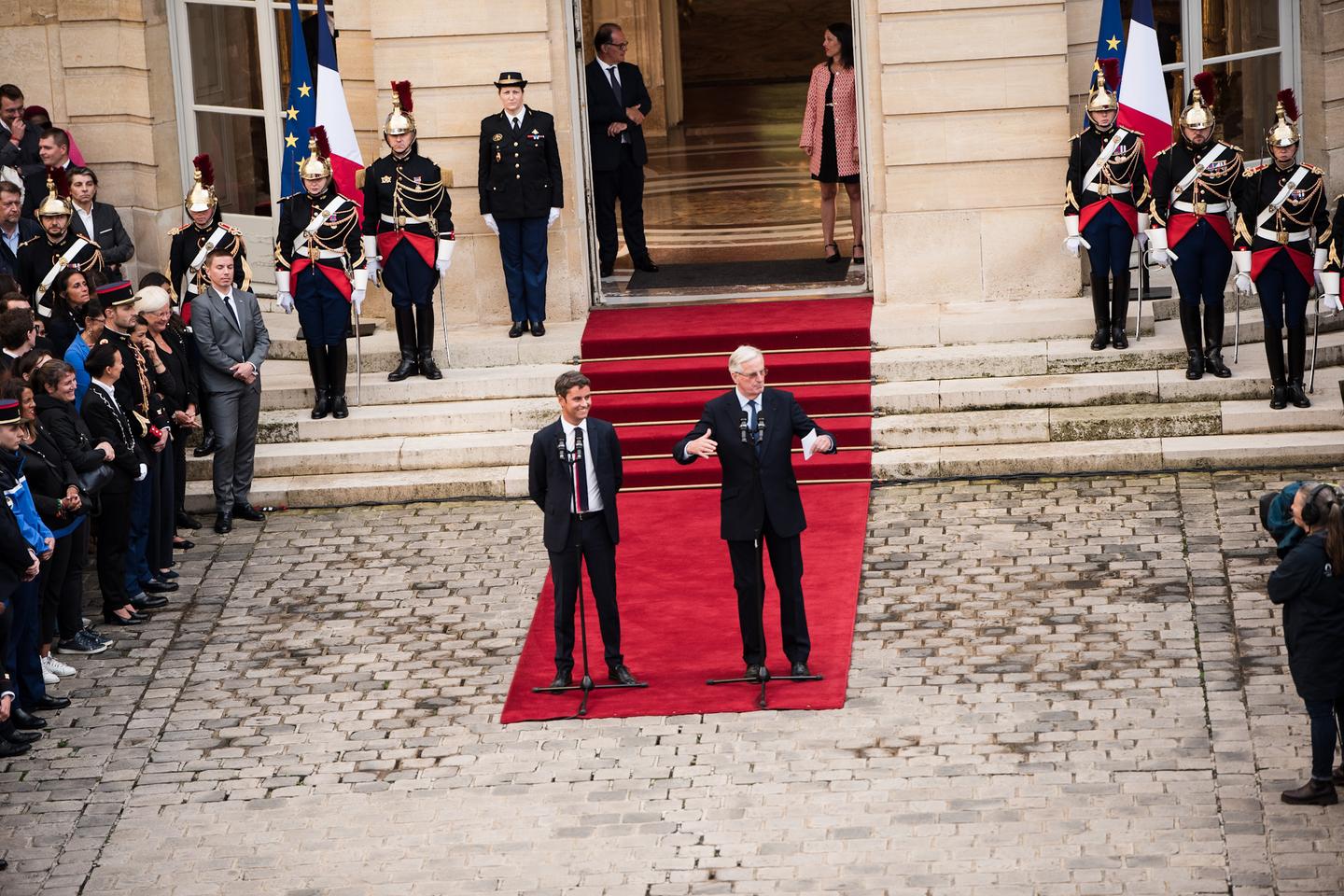It is in the first sentence "at the current rate of consumption". Currently nuclear provides roughly 10% of power, If you want so significantly expand that, the time uranium lasts goes down accordingly.Tell me why this is wrong: https://www.scientificamerican.com/article/how-long-will-global-uranium-deposits-last/
Google says there are plans for a 20-30% increase in the number of reactors worldwide at the moment. Where are you pulling 20 years from?
as for the numbers
https://world-nuclear.org/information-library/nuclear-fuel-cycle/uranium-resources/supply-of-uranium
gives a current reactor demand of 67 000t per year and 6 078 500 tons in known deposits, which means it currently lasts about a hundred years, if we include existing stockpiles.
Not sure where your article pulls the 200 years from. Oh, found it. It is from 2009. Numbers 15 years out of date.
No wait, it is worse :
About 10 metric tons of natural uranium go into producing a metric ton of LEU, which can then be used to generate about 400 million kilowatt-hours of electricity, so present-day reactors require about 70,000 metric tons of natural uranium a year.
According to the NEA, identified uranium resources total 5.5 million metric tons, and an additional 10.5 million metric tons remain undiscovered—a roughly 230-year supply at today's consumption rate in total.
That is just faulty math. Quite embarrassing for a dean. Maybe he means 230 yeas, if all the other measures mentioned later were implemented (which would in his estimate reduce consumption by 60%) but that is not what is written here. So yes, the article is just wrong, it should have been a hundred years with those numbers.
So if we were to build enough power plants to provide 40% of current energy need (only current electricity so far, no transport sector, no heating, etc) we would run out in 25 years.
As for the number of planned ones, well, my first google result gives me this
https://world-nuclear.org/informati...rldwide#nuclear-reactors-planned-and-proposed
this does match your 20-30% planned, however their requirement for planned is "Approvals, funding or commitment in place, mostly expected to be in operation within the next 15 years. " They also mention more than three times that number as proposed. "Specific programme or site proposals; timing very uncertain " which i also meant with "in early planning stages". Otherwise yes, those are newer numbers. Seems like a lot of countries have given up their nuclear ambitions or scaled it down recently. Then uranium will last longer. If those plants are all built, we only run out in 50 years while covering only 20% of covering our current electricity needs.
Sure, you could stretch it a bit with breeding but that would mean giving the around 70 countries planning civil nuclear use now easy access to nuclear weapons so no one wants to do that. There is no political will to promote breeding reactors. And they have other issues as well.
Last edited:




